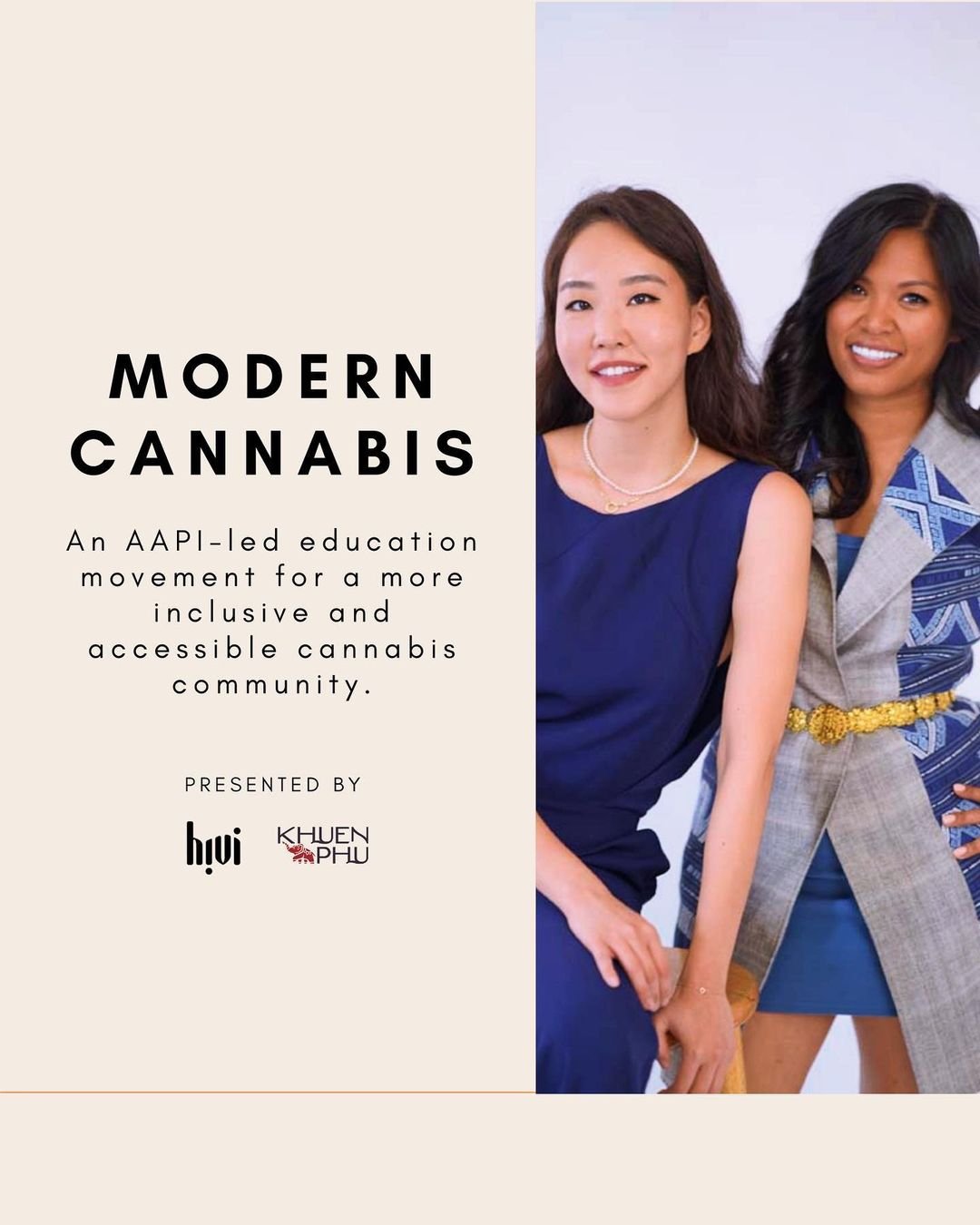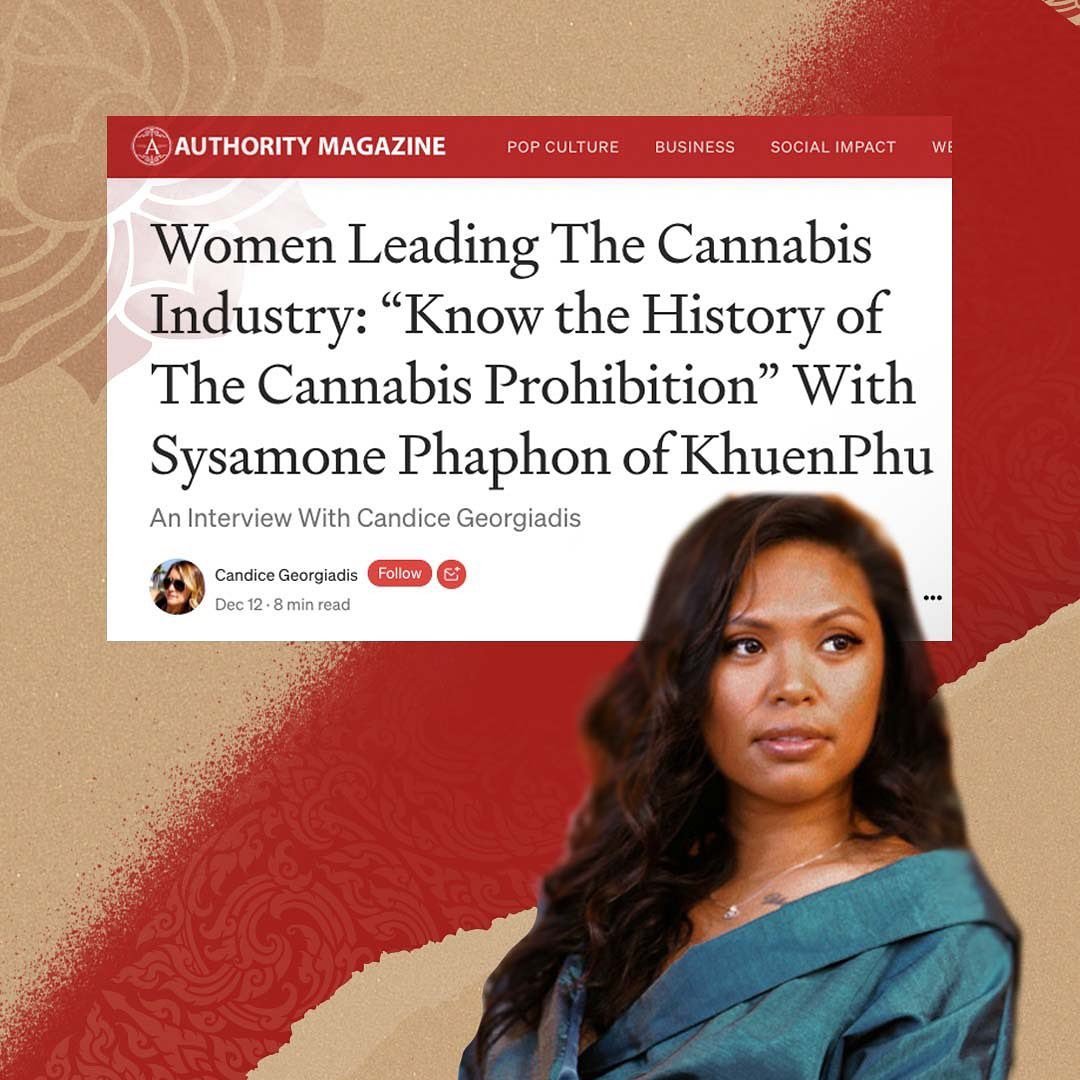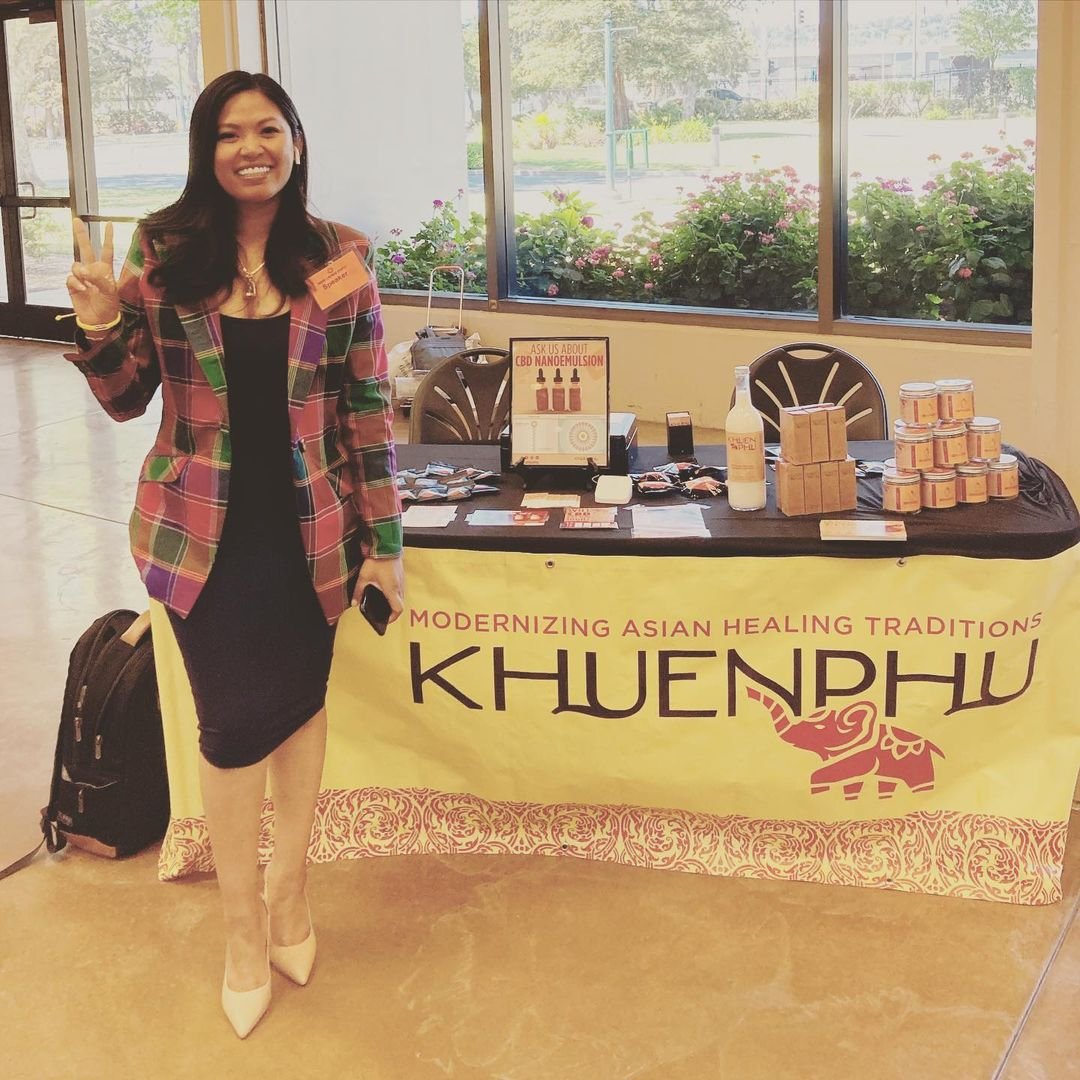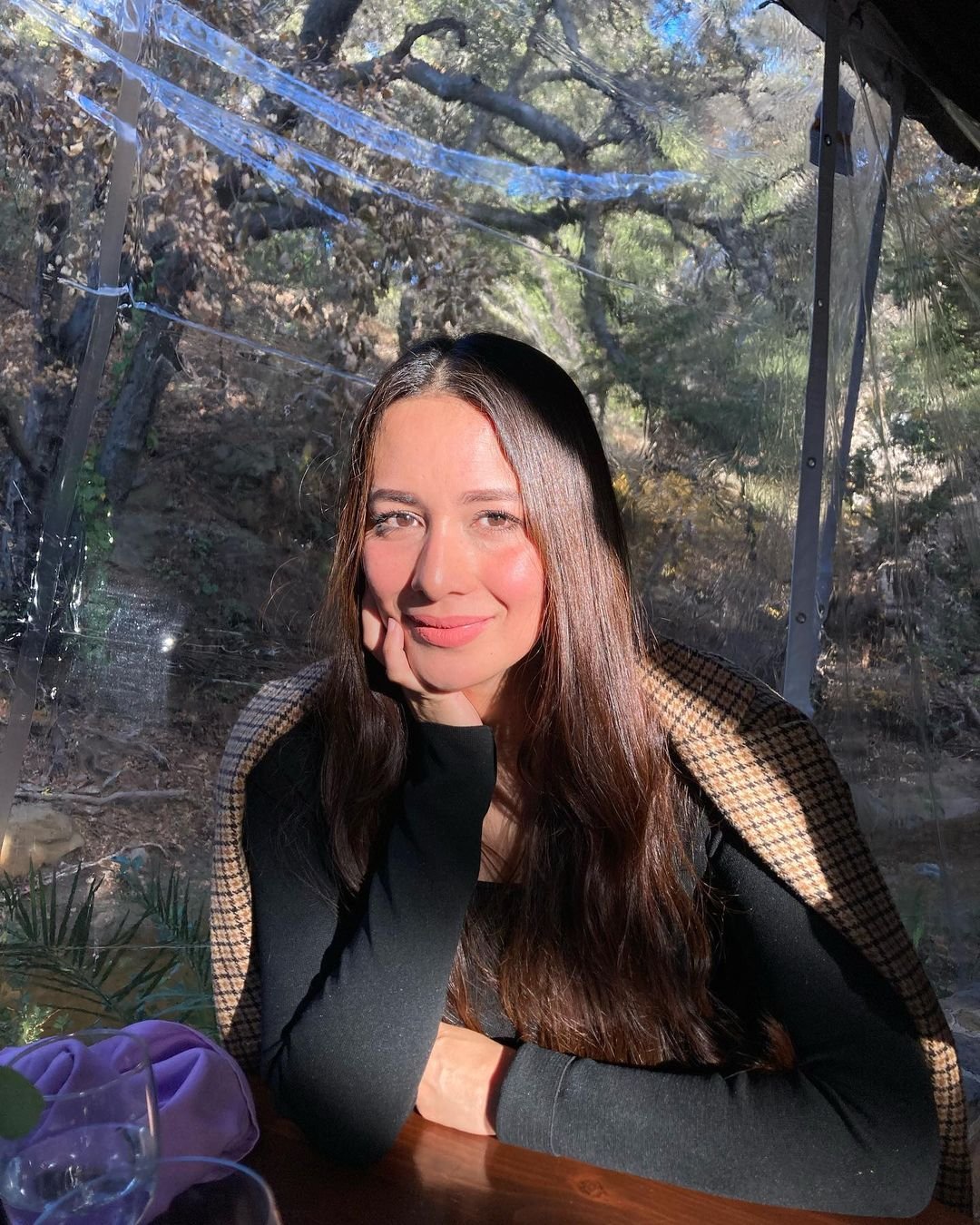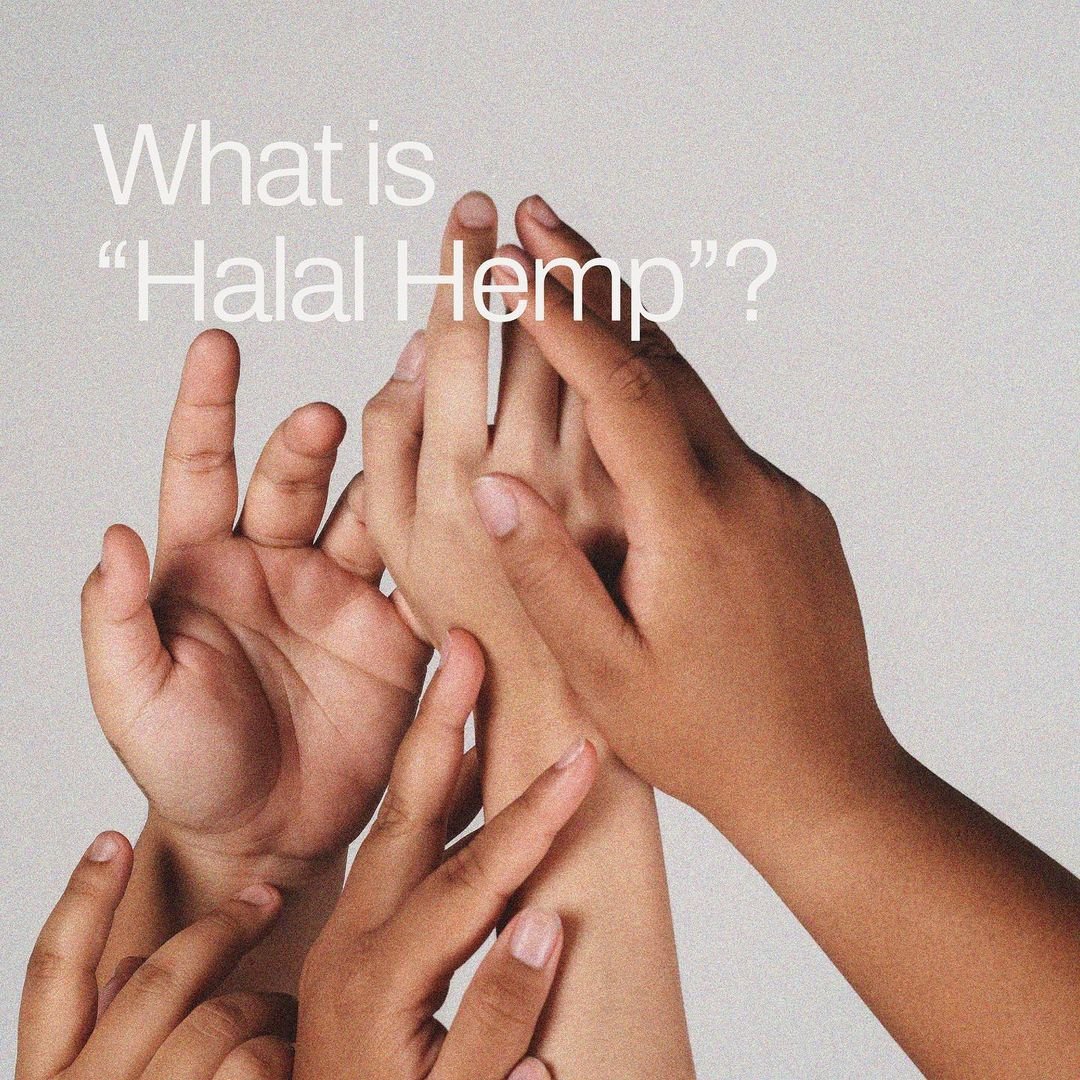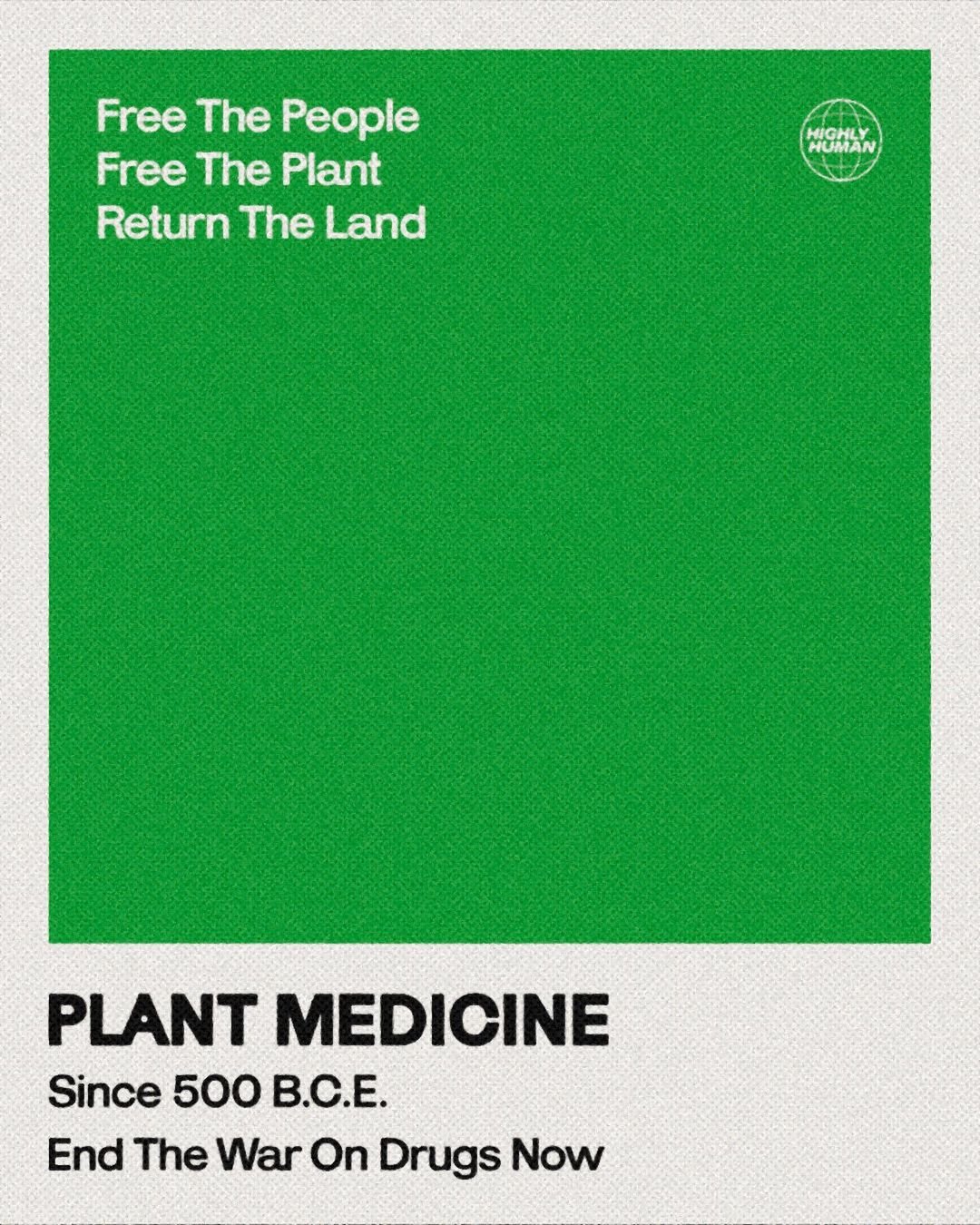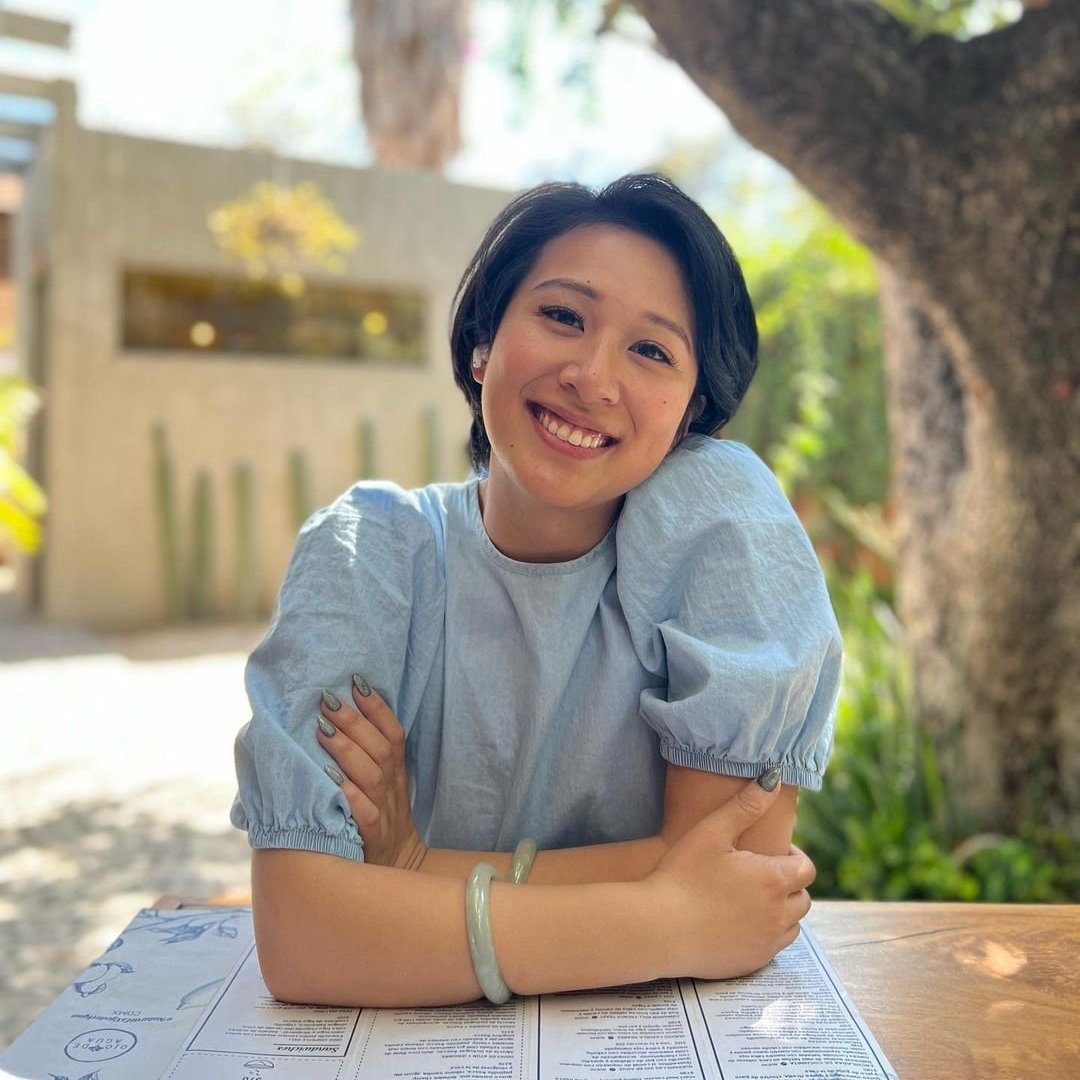5 Canna-Baddies that are Restoring Cannabis in Asian American Culture
This article was contributed by a member of our beloved Sustainable Baddie community. Sustainable Baddie exists in part to share perspectives outside of our own and to present a rich array of diverse voices. The opinions presented are those of the guest contributor and do not necessarily reflect or represent Sustainable Baddie’s voice, tone, and point of view.
As a disabled Chinese American environmentalist, I’ve always been fascinated by the evolution of cannabis. Cannabis, also referred to as hemp, can provide sustainable alternatives to more water-intensive crops. It’s been invaluable in addressing my chronic pain resulting from endometriosis, significant nerve damage, severe acid reflux, etc. Unfortunately, western medicine has consistently failed me; a system designed to maximize profit will never prioritize the patients’ care or health. As a result, I manage my symptoms and maintain my wellness with intentional cannabis consumption.
Most people under the Asian American umbrella know that our communities tend to distrust cannabis. In the past, too many Asian relatives blamed my “laziness”—undiagnosed chronic illnesses—on cannabis. Our elders especially fear cannabis cultivation and consumption, even though it’s been a valued staple across our cultures as a source of fiber, rope, food, medicine, etc. Beyond utility, the psychoactive properties are still highly valued by Asian communities for spirituality and recreation.
Cannabis is likely indigenous to Central or East Asia. Genetic research suggests that cannabis had already been domesticated in China as early as 12,000 years ago. Throughout history, there have been crackdowns and prohibitions on cannabis. All cannabis prohibition movements share commonalities—social and economic inequality, distrust of the unknown, and fearmongering.
However, colonial empires corrupted cannabis in the eyes of Asian communities with rhetoric that associates the plant with crime, violence, and depravity. By pushing Asian communities to associate cannabis with fear and distrust, colonial erasure stole my ancestral traditional ecological knowledge and priceless agricultural practices. And as a disabled climate advocate, I know that attacks on cannabis are an environmental justice issue. Without access to the medicinal properties of cannabis, people like me continue to suffer mentally and physically.
After the war on drugs and cannabis prohibition, Asian American families are afraid. We need to educate our people and build trust in cannabis’ capacity to improve our health and wellness. So, I’m highlighting 5 Asian American Canna Baddies who are healing our communities' relationship with the plant and our planet. By embracing cannabis justice, we reject white supremacy, honor our ancestors, and restore our connection with the earth.
Cannabis Justice = Climate Justice = Racial Justice = Disability Justice = Community Justice
AAPI Cannabis Collective is an iconic education movement for a more inclusive and accessible cannabis community. These baddies center on solutions that destigmatize, educate, and guide AAPI, especially older generations and non-English speakers, about the wellness benefits of cannabis. Check out a “Modern Cannabis: A Beginner’s Guide to Conscious Consumption.”
1. Eunice Kim | HiVi | Website
Eunice Kim is my canna-queen! She’s an entrepreneurial powerhouse, a rad friend, and a personal mentor. Eunice is the CEO and founder of HiVi, a digital-first cannabis company that empowers conscious consumers to discover and adopt cannabis for their well-being. HiVi holds itself accountable to the “Highest Standard,” meaning they’re committed to making cannabis more inclusive, equitable, sustainable, transparent, and heart-led.
2. Sysamone Phaphon | KhuenPhu | Website
Sysamone Phaphon is a Lao canna-mom and CBD-baddie! She’s the CEO and founder of KhuenPhu, an AAPI-inspired CBD nanoemulsion brand working to modernize Asian healing traditions. Sysamone is a leader and advocate in conscious cannabis spaces—she’s a pro at blending culture, wellness, and cannabis!
Tengku Chanela Jamidah is a Malaysian princess campaigning for cannabis! She founded Halal Hemp, a marketplace that will provide access to halal-certified CBD medicine. She’s dedicated to destigmatizing plant medicine and inspiring Muslim communities to adopt cannabis. Tengku centers on sustainable hemp that connects community and decolonization.
4. Willa Ace | Highly Human | Website
Willa Ace is a ray of sunshine who grounds cannabis in intention and community. They are the creative behind Highly Human, a “queerative space for the human race”. Willa’s holistic approach blends visual storytelling, queer design, and cannabis leaders of the global majority! Beyond cannabis, they educate and activate their community around climate justice, indigenous empowerment, queer liberation, and more.
5. Felicity Chen | Potli | Website
Felicity Chen is sweet as canna-bee! She’s the CEO and co-founder of Potli, a brand that destigmatizes cannabis through infused food rooted in culture. Potli’s products are a yummy and healthy alternative to smoking that appeals to AAPI people, especially our elders. Potli still harvests honey from her immigrant parents' backyard-honey they infuse with the anti-inflammatory properties of sustainably sun-grown cannabis!
Written By Jocelyn “Josse” Gee




